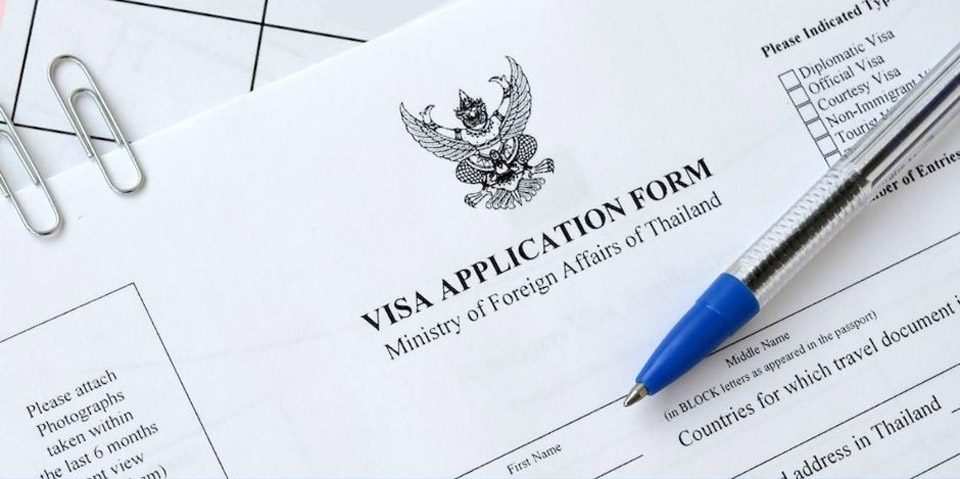Thailand Long-term Resident Visa

Thailand Long-term Resident Visa. Travelers and expatriates alike have long been enthralled with Thailand’s beautiful scenery and rich cultural tapestry. The Thailand Long-term Resident Visa is an important step forward for anybody looking to establish a deeper long-term relationship with the Land of Smiles. The Long-Term Resident Visa in Thailand is thoroughly examined in this article, along with its qualifying requirements, application procedure, and advantages for individuals who decide to make Thailand their permanent home.
I. Revealing the Thailand Long-Term Resident Visa
For foreign people wishing to remain in the Kingdom for a lengthy period of time, there is a unique visa category called the Thailand Long-term Resident Visa. It gives holders the opportunity to live in Thailand for an extended length of time, allowing them to get more deeply connected to the kind people and dynamic culture of the nation.
II. Qualification Standards
A. Age Requirement: At the time of application, candidates must be at least 50 years old.
B. Financial Stability: Applicants must show that they have the resources to support themselves while living in Thailand, either by a minimum monthly income or a sizeable lump sum in savings.
C. Clean Criminal Record: It is required that the applicant have no criminal convictions, both in Thailand and in their home nation.
D. Health Insurance: Documentation of current health insurance that pays for medical costs in Thailand during the resident’s stay.
III. Necessary Records
A valid passport is one that still has at least a year on it.
B. Financial Records: Proof of sound financial standing, such as bank or pension records.
C. Health Insurance Certificate: Accurate records of health insurance that satisfy the required standards.
D. Medical Certificate: A document from a medical professional attesting to the applicant’s health and lack of infectious diseases.
E. Criminal Record Check: A certificate of police clearance attesting to a spotless criminal history.
IV. How to Apply for a Long-Term Resident Visa
A. Application Submission: The applicant submits his or her application for a Long-term Resident Visa to the Thai embassy or consulate in the nation of origin.
B. Processing period: Depending on the applicant’s nationality and the particular criteria of the Thai consulate or embassy, the processing period for a Long-Term Resident Visa may differ.
C. Notification of Approval: The applicant will receive notification of approval along with instructions on how to get their visa.
V. Advantages of Long-Term Resident Visa
A. Extending Stay: Individuals with a Long-Term Resident Visa are permitted to live in Thailand for a maximum of five years, with the possibility to extend.
B. No Need for Work Permit: In order to reside in Thailand, holders of long-term resident visas are exempt from the need for a work permit.
C. Cultural Immersion: Spending more time in the area enables a more thorough understanding of Thai culture and a better integration into the local society.
Conclusion
Entering Thailand, a nation well-known for its natural beauty, rich cultural heritage, and kind people, is made possible by the Thailand Long-Term Resident Visa. Through comprehension of the qualifying requirements, assembling the required paperwork, and following the application procedure, people can confidently and enthusiastically set off on their adventure. In the Land of Smiles, the Long-term Resident Visa presents a singular chance to forge enduring relationships and make lifelong experiences.
